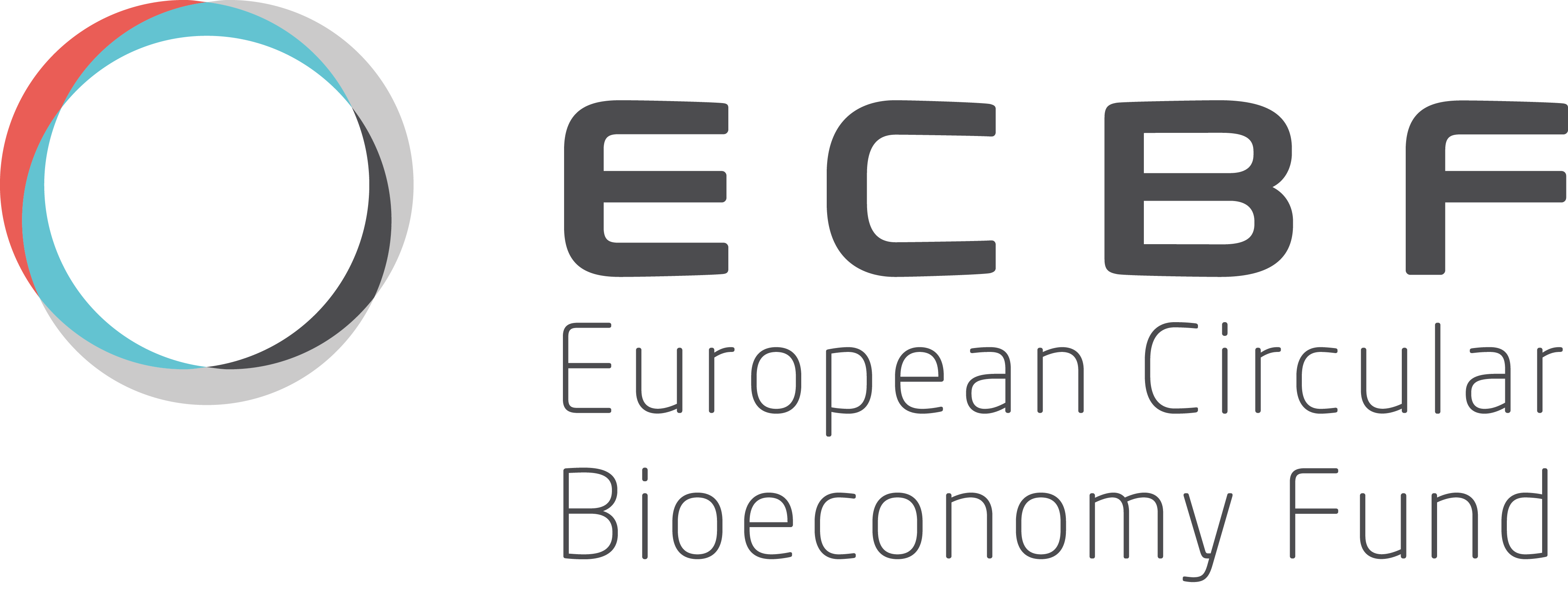Program
In five top-class sessions, experts from all levels of the value chain will discuss the latest developments and new products that are set to be introduced to the market or have already been successfully launched. In parallel, the exhibition, the start-up pitch and partnering offer the best opportunity for personal networking.
Architectural tour
The Kindle Centre for Contemporary Art is a monumental building from the end of the 1920s. For architecture lovers we offer (optional) two guided tours:
Thursday, 6 October 2022, 17:00 – 18:00 p.m.
Friday, 7 October 2022, 17:30 – 18:30 p.m.
| 6 October 2022 - Pre-Conference | |
|---|---|
| 16:00 | Set-up for exhibitors and sponsors |
| 16:30 | Registration opens, Coffee & Cookies |
| 17:00 | Architectural tour (fully booked) |
| 18:00 | Start-up pitch Six industrial biotechnology start-up companies will, in pitches of three minutes each, present themselves to the audience and a jury. Though there will be a winner in the end, there won’t be any losers, as all of the companies in the pitch will increase their exposure to industry professionals and investors alike. |
| 18:30 | Get-together |
| 20:30 | End of Get-together |
| 7 October 2022 – Event day | |
|---|---|
| 8:00 | Registration opens |
| 9:00 | Session 1 – FOOD Food systems will have to profoundly change in order to meet global goals of sustainability and keep up with the consumption of a growing world population within planetary boundaries. Production and consumption must become more efficient and lower its environmental footprint and impact on the climate. Precision fermentation via biotechnology has the potential to significantly contribute to these targets. In the world´s first improvised biotech panel discussion, founders of biotech-start-ups and climate advocates will present solutions and discuss how to unleash the potential of precision fermentation for system relevant and significant climate action. By using a digital polling tool, the audience will actively decide which thematic focus this improv panel discussion will have. Panelists Raffael Wohlgensinger, Founder & CEO, Formo Bio GmbH: "Production of dairy alternatives with precision fermentation" Daan Luining, Founder & CTO, Meatable: "Pioneering a way of producing real meat without harm" Aneri Pradhan, COO, New Energy Nexus: "Climate and clean energy ecosystem builder" Hermes Sanctorum, CEO & Co-Founder, Paleo: "We make animal proteins, without animals." Victoria Reinsch, Director Brand & Comms, Formo Bio GmbH (Moderator) Science Slam: Johannes Kopton, Chairman, Eco-Progressive-Network e.V.: "Promoting evidence-based sustainability" sponsored by  |
| 10:00 | Change of Panel |
| 10:15 | Session 2 – CAPITAL For most biotechnology companies, product development until market entry hinges upon financing through venture capital, private and public equity. However, the business models of industrial biotechnology companies differ from those of the pharmaceutical biotech companies that are prevalent in most investors’ portfolios. So far, very few venture capital firms have dedicated funds for investments in industrial biotechnology companies, making public initiatives such as the European Circular Bioeconomy Fund (ECBF) the major players in that field. In this session, experts will discuss industry specific challenges and how investments can be better adapted to the needs and business models of industrial biotech companies. Panelists Jowita Sewerska, Investment Director, European Circular Bioeconomy Fund (ECBF): "We are dedicated to grow companies for a sustainable bioeconomy." Georg Lentzen, Managing Director, , b.value AG: "The stock market needs imagination - biotechnology delivers visions" Friederike Grosse-Holz, Scientific Director, Blue Horizon Corporation AG: "We unlock technologies for a sustainable and resilient food system" Maximilian Bade, Founder, Nucleus Capital: "Synbio Innovation will be the key to tackle systemic challenges to human & planetary health!" sponsored by  |
| 11:15 | Coffee Break |
| 11:45 | Session 3 – WASTE Using CO2 from industry for renewable building blocks, recovering valuable metals from e-waste or recycling lithium-ion batteries – biotechnology can help promote a sustainable economy. On this panel representatives from the chemical industry, recycling and biotechnology companies, and wastewater management will present examples of sustainable process solutions based on biotechnology and talk about the way forward, challenges, visions and their experiences in transforming industrial processes. Panelists Gina Kuippers, Manager Technical Business Development & Scientific Project Manager, BRAIN Biotech AG: "Burning for bio-based recycling and other green solutions" Robert Kang, Co-Founder & CEO, Blue Whale Materials LLC: "Recycling lithium-ion batteries for a sustainable future" Andreas Blatter, R&D Director, PX Group SA: "Biogold – tackling challenges of our time" Thomas Haas, Head of New Growth Area Renewable Carbon (Defossilation, Creavis), Evonik Operations GmbH: "CO2 Utilization by learning from nature" Dirk Bogaczyk, Head of member support and funding projects, Emschergenossenschaft / Lippeverband: "Seeing the true value of wastewater" Martin Langer, Executive Vice President, Head Business Development, BRAIN Biotech AG (Moderator): "Driving a sustainable Bioeconomy" sponsored by  |
| 12:45 | Lunch Break |
| 14:30 | Session 4 – ENERGY Around 80 % of climate-relevant greenhouse gases come from combustion processes in industry, the energy sector and the transport sector. Market-ready biotechnological solutions can contribute to decarbonize energy production. This panel highlights synthetic biology approaches and novel bioprocesses with the potential to sustainably transform the sector. The advances of second and third generation biofuels, gas fermenting microbes that produce methane and avenues for scaling-up biohydrogen production will be discussed by experts from science and industry. Panelists Thomas Brück, Werner Siemens-Chair of Synthetic Biotechnology, TU München: "The advances of 2nd and 3rd generation biofuels" David Hampton, Director, Pheida AG: "Net Zero Biotech" Alexander Krajete, CEO, Krajete GmbH: "Chemo-microbial solutions for methane generation from hydrogen and carbon dioxide" Juliana Rolf, Project Engineer, FH Münster: "Biohydrogen production through dark fermentation" Volker Bauer, CEO, LXP Group GmbH: "Today Wasted Biomass to Bioenergy and Biochemicals" Derrick Williams, Science Correspondent, Deutsche Welle (Moderator) |
| 15:30 | Coffee Break |
| 16:00 | Session 5 – CHEMISTRY As all other sectors, the chemical industry aims for fossil-free production. But it is also clear that chemicals and materials cannot be decarbonized. The industry has recognized that it takes alternative sources of carbon – such as biomass or carbon dioxide. Biotechnology is part of the solution. This panel highlights novel bioprocesses and technologies that help to transform the chemical industry towards sustainable production and that create new value. Commercialized bio-based chemicals and polymers from fermentation and advanced biorefinery platforms will be spotlighted in this panel. Panelists Lars Krause, Senior Expert Technology & Markets · Carbon Economy · Chemical Recycling, nova-Institut für politische und ökologische Innovation GmbH: "Recycling-, bio- and CO2-based renewable carbon solutions" Tanja Meyer, European Project Coordinator, Bio Base Europe Pilot Plant (BBEPP), Ghent: "Biorefinery concepts for gas fermentation and biowaste valorisation" Christine Rasche, Head of Business Area Sustainable Chemistry, Fraunhofer IGB/CBP, Leuna: "Unlocking the potential of lignin" Mitchell Duffy, Co-Founder and CEO, Cambrium GmbH: "Biomaterials that outperform current alternatives" Kati Schmidt, Director Global Development Industrial Formulators, BASF SE: "Potential of bioprocessing for sustainable surfactants" Philipp Graf, Editor-in-chief, bioökonomie.de (Moderator) |
| 17:00 | Get-together |
| 17:30 | Architectural tour (fully booked) |
| 18:30 | End |



